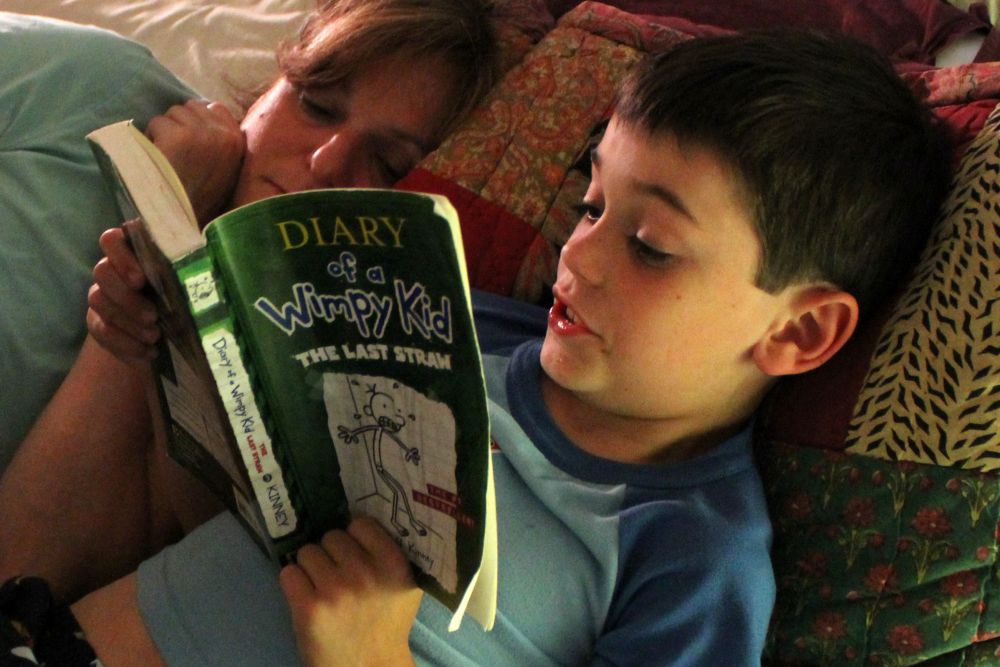Importance of Reading
Reading = Success
 The last 30 years of reading research confirms this simple formula—regardless of sex, race, nationality, or socioeconomic background, students who read the most, read the best, achieve the most, and stay in school the longest. Conversely, those who don’t read much, cannot get better at it.” –Jim Trelease, author of The Read-Aloud Handbook.
The last 30 years of reading research confirms this simple formula—regardless of sex, race, nationality, or socioeconomic background, students who read the most, read the best, achieve the most, and stay in school the longest. Conversely, those who don’t read much, cannot get better at it.” –Jim Trelease, author of The Read-Aloud Handbook.
Reading is the proven link to a child’s educational success. The ability to read can improve a child’s performance in all aspects and subjects of education and can give an advantage in adulthood as well. Reading is the skill set on which everything else is built—it is the foundation of the house, the engine to the car, the roots of the tree.
The unfortunate reality of the educational system, however, is that formal instruction does not begin until pre-school or kindergarten. Research shows that this is already too late to lay the foundation for children.
Hence, reading absolutely must begin in the home. In fact, studies have shown that reading aloud to children for only twenty minutes each day, starting practically at birth, has an enormous positive impact on their development and knowledge.
Facts:
- Reading aloud:
- Stimulates language and cognitive skills (children who are read to on a daily basis starting at six months of age will have higher cognitive scores than their peers by age 3)
- Teaches kids how to recognize letters and develop strategies to figure out new words (decoding)
- Teaches kids the ability to detect sounds in words (phonemic awareness)
- Teaches kids the relationship between letters and sounds (phonics)
- Teaches kids to be better listeners
- Improves motivation, curiosity, memory, and imagination
- Sets a foundation for future writing skills
- Builds background knowledge by exposing children to ideas not found in everyday conversations and activities, setting the stage for better understanding later on in school
- The Early Childhood Longitudinal Study found that children who were read to at least three times a week as they entered kindergarten had significantly greater phonemic awareness than children who were read to less often. They were also almost twice as likely to score in the top 25th percentile of reading.
- The most important skill upon entering kindergarten is vocabulary. The child with the largest vocabulary will understand the most, and reading exposes kids to thousands of new words they wouldn’t learn otherwise.
- The one-on-one attention and nurturing when reading with parents helps children form a positive association with books and reading for later in life.
- For every year parents read to their child, that child’s average lifetime earnings increase by $50,000.
